France’s Energy Transition: Embracing Renewable Power and Reducing Emissions
France’s Commitment to Renewable Energy
France has been at the forefront of the global effort to transition to renewable energy sources and reduce greenhouse gas emissions. As a signatory to the Paris Agreement, the country has set ambitious goals to curb its carbon footprint and lead the way in the fight against climate change.
France’s Renewable Energy Targets
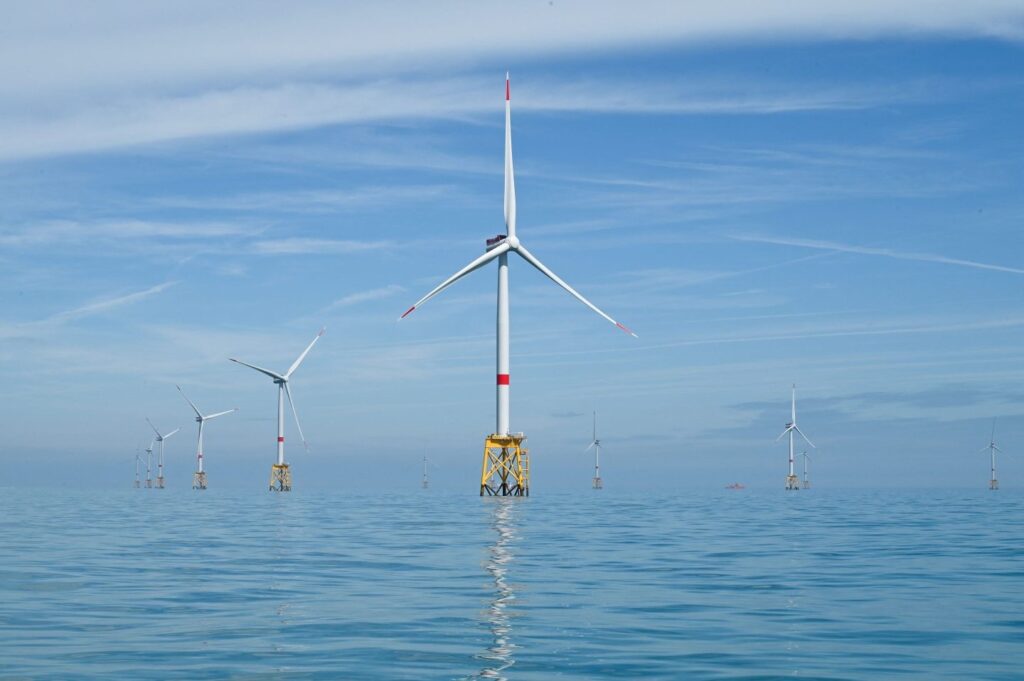
According to the French Ministry of Ecological Transition, the country aims to increase the share of renewable energy in its final energy consumption to 33% by 2030, up from 19.1% in 2020. To achieve this target, the government has implemented a range of policies and incentives to support the development of renewable energy projects across various sectors.
Diversifying the Renewable Energy Mix
France’s renewable energy mix is becoming increasingly diverse, with significant investments in solar, wind, and hydropower. In 2020, the country’s renewable energy generation was dominated by hydropower (56.5%), followed by wind (22.4%), solar (11.7%), and other sources such as bioenergy and geothermal.
The Rise of Solar Power in France
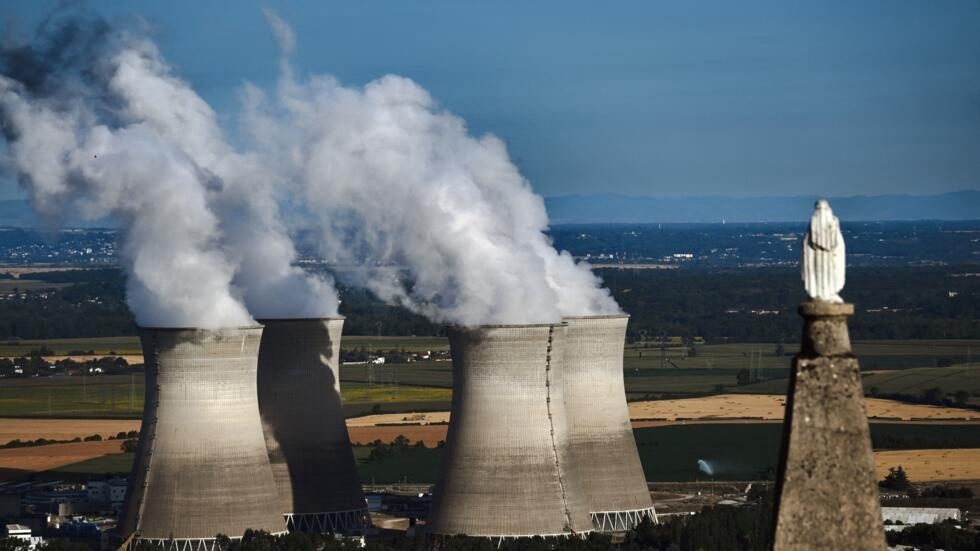
One of the key areas of focus in France’s energy transition is the expansion of solar power. The country has set a target of installing 35.1 to 44.5 gigawatts (GW) of solar capacity by 2028, up from 12.1 GW in 2020.
Solar Power Capacity Growth
According to the French Renewable Energy Association (SER), France’s installed solar power capacity grew by 9.1% in 2020, reaching a total of 12.1 GW. This growth is expected to continue as the government offers various incentives and support schemes to encourage solar energy deployment.
Rooftop Solar Installations
The French government has introduced programs to promote the installation of solar panels on residential and commercial rooftops. In 2020, the country had over 550,000 small-scale solar installations, with a total capacity of 3.2 GW.
Wind Power Expansion in France
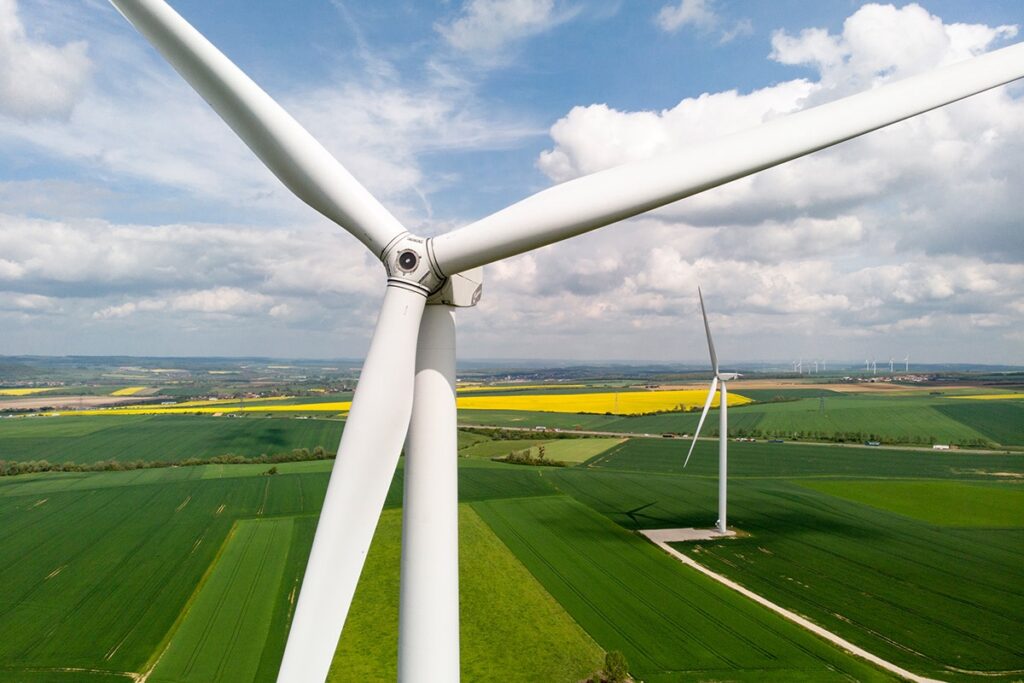
Wind power is another key component of France’s renewable energy strategy. The country aims to install 33.2 to 34.7 GW of wind power capacity by 2028, up from 18 GW in 2020.
Onshore Wind Energy Growth
Onshore wind power has been the dominant source of wind energy in France, with an installed capacity of 17.3 GW in 2020. The government has implemented policies to streamline the permitting process and provide financial support for onshore wind projects, contributing to the steady growth of this sector.
Offshore Wind Power Development
France is also investing heavily in offshore wind power, with plans to install 8.75 to 9.2 GW of offshore wind capacity by 2028. The country’s first commercial-scale offshore wind farm, the Saint-Nazaire project, became operational in 2022 with a capacity of 480 MW.
Reducing Greenhouse Gas Emissions

Alongside the expansion of renewable energy, France is also working to reduce its greenhouse gas emissions across various sectors of the economy.
France’s Emissions Reduction Targets
As part of the European Union‘s climate and energy framework, France has committed to reducing its greenhouse gas emissions by at least 55% below 1990 levels by 2030. The country’s long-term goal is to achieve carbon neutrality by 2050.
Emission Reduction Across Sectors
To meet these targets, France is implementing policies and strategies to reduce emissions in key sectors, such as transportation, industry, and buildings. For example, the government has set a target to phase out the sale of new gasoline and diesel vehicles by 2040 and promote the adoption of electric and hybrid vehicles.
Challenges and Barriers to the Energy Transition
While France has made significant progress in its energy transition, the country still faces several challenges and barriers that need to be addressed.
Grid Integration and Infrastructure Upgrades
The rapid growth of renewable energy sources, particularly solar and wind power, has put strain on the country’s electricity grid. Upgrading the grid infrastructure to accommodate the integration of renewable energy is a key priority for the government.
Regulatory and Permitting Hurdles
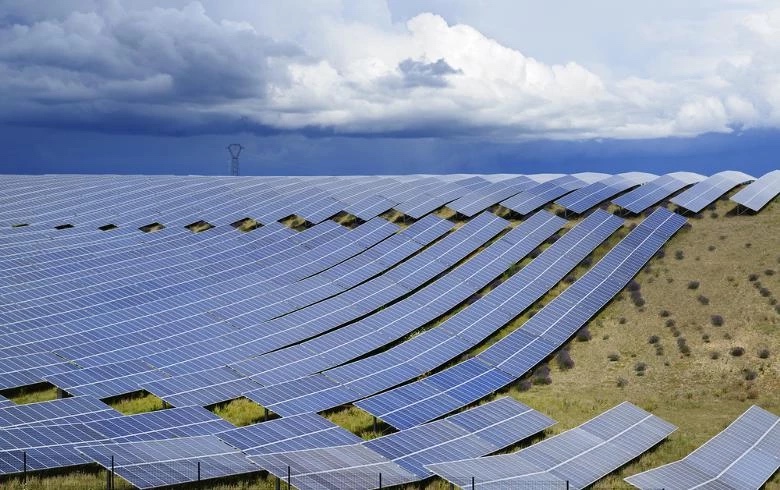
The permitting process for renewable energy projects in France can be complex and time-consuming, often posing a barrier to the timely deployment of new projects. The government has acknowledged the need to streamline the regulatory environment to facilitate the energy transition.
Public Acceptance and Social Impacts
Ensuring public acceptance and mitigating the social impacts of the energy transition is also a crucial consideration for the French government. The transition can have implications for jobs, energy prices, and local communities, which need to be carefully managed.
Conclusion
France’s energy transition is a comprehensive and ambitious endeavor, driven by the country’s commitment to reducing greenhouse gas emissions and increasing the share of renewable energy in its energy mix. With a diverse renewable energy portfolio, a strong focus on solar and wind power, and a range of policies and incentives in place, France is well-positioned to lead the way in the global fight against climate change. However, the country must also address the ongoing challenges and barriers to ensure a smooth and equitable transition to a sustainable energy future.
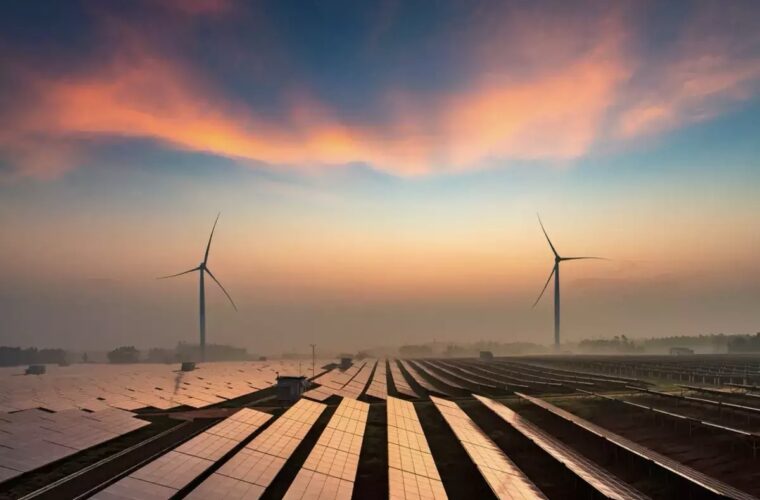
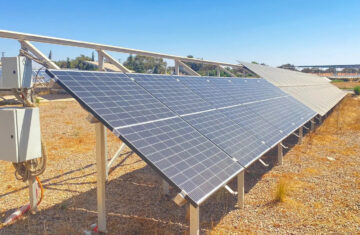
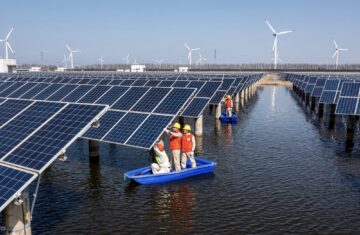
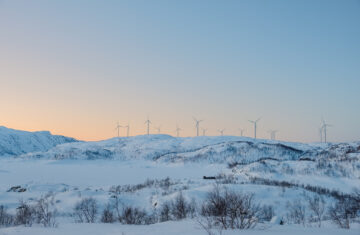
[…] of the key drivers of Spain’s energy transition has been the rapid growth of solar power. As of 2022, Spain had an installed solar PV capacity of […]
[…] der wichtigsten Triebfedern der Energiewende in Spanien ist das rasche Wachstum der Solarenergie. Im Jahr 2022 verfügte Spanien über eine […]
[…] de los principales motores de la transición energética en España ha sido el rápido crecimiento de la energía solar. En 2022, España tenía una […]
[…] dei fattori chiave della transizione energetica in Spagna è stata la rapida crescita dell’energia solare. Al 2022, la Spagna aveva una capacità […]
[…] des principaux moteurs de la transition énergétique en Espagne a été la croissance rapide de l’énergie solaire. En 2022, l’Espagne […]
[…] dos principais impulsionadores da transição energética da Espanha tem sido o rápido crescimento da energia solar. Em 2022, a Espanha tinha uma capacidade […]
[…] financing agreement with Naturgy reflects the EIB’s strong commitment to supporting Europe’s energy transition. When complete, this project should generate enough green electricity to power more than one […]
[…] Windram, CEO of Ocean Winds, stated, “We are proud to continue contributing to France’s energy transition through this new project, which underscores the French government’s confidence in Ocean Winds as […]